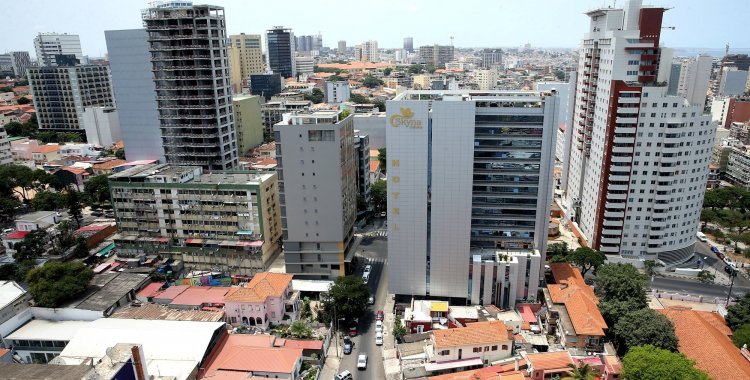"It is common, in many economies, for there to be a little less budgetary restraint in election years; however, I would say that 2022 will probably not compare to 2017, the previous election year", said José Miguel Cerdeira.
In an interview with Lusa to analyze Angola's main challenges in 2022, the head of BFA's economic studies office admitted that "there were some expenditures beyond the limits, but to reach the same deficit as in 2017 this year, we had to spend the triple what was budgeted for in public investment, for example, which is not credible to happen".
In that year in which João Lourenço succeeded José Eduardo dos Santos, "Angola had a deficit in public accounts of 6.1 percent of GDP, that is, a worse performance, even excluding the expenditure related to the payment of interest on the public debt", which means that, considering only expenditure and revenue for the year itself, Angola has registered a primary deficit of 2.9 percent of GDP, which contrasts with the zero balance forecast for this year, which, excluding interest, will be a balance positive primary growth rate of 5.5 percent of GDP", explains the economist.
Regarding the pace of implementation of reforms, José Miguel Cerdeira admits that, "in certain cases, reforms tend to slow down in electoral years, especially the most unpopular ones or also those in the medium and long term", stressing, therefore, that "it will be interesting to see the direction of reforms from now on".
Specifically, he points out: "It would be very structuring for Angola to be able to see more progress in terms of real estate registration, and especially in the establishment of a more efficient Social Security system, which could meet the expectations of Angolans of a better protection network social welfare state, which would be the initiatives that could have the greatest impact on improving the economic and social conditions of Angolans".
Asked about the possibility of a new IMF program, José Miguel Cerdeira discards the hypothesis, pointing to a monitoring program: "The lines in the last statement from the Ministry of Finance on the 6th evaluation are very clear, the Executive will maintain the involvement with the IMF on the basis of a Post Financing Monitoring Program – that is, what normally occurs after any program, and the close relationship with the Fund and other institutions must be maintained, through technical assistance".
In December 2018, the IMF approved a financial adjustment program that allowed for a cash inflow of 4.5 million dollars that lasted until the end of 2021.
The IMF gave a very positive analysis of the program, highlighting several times the involvement of the authorities and the almost total fulfillment of the goals, both quantitative and qualitative.







